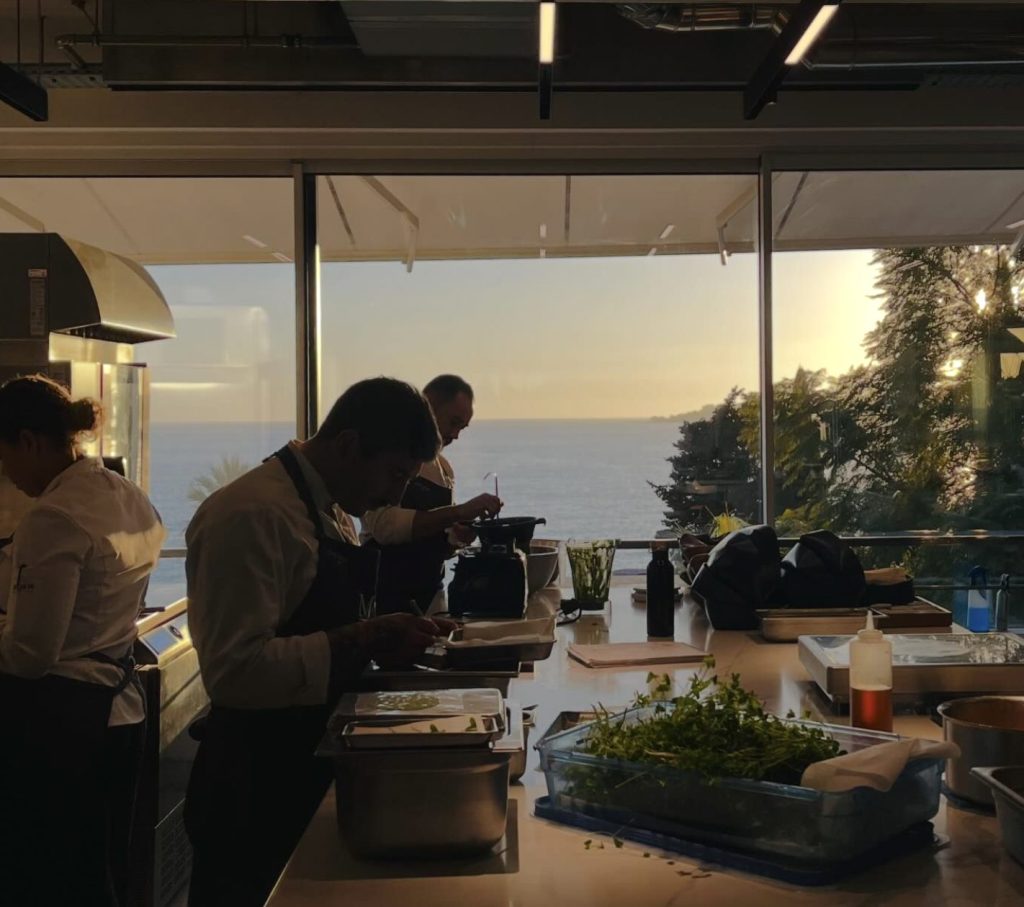Recent research by Zonal and CGA highlighted an increasingly concerning trend of no-shows in the hospitality industry. In 2023, the number of no-shows in the UK’s pubs, bars, and restaurants doubled, with approximately 12% of patrons failing to arrive for their booking.
Restaurants were the hardest hit, with 27% of patrons not honouring their bookings. The cost implication is massive, with the lost revenue estimated to be £17.59bn per year.
An attempt to curb a widespread problem
To combat this growing problem, many of the UK’s top restaurants have implemented a fee for clients who fail to pitch for their booking or cancel. It’s estimated that 95% of 3 Michelin-star restaurants charge a cancellation fee for no-shows.
An increasing number of smaller, independent restaurants are set to join this trend.
A study by the Observer noted that these cancellation fees can sometimes apply as far as one month from the booking date.

Samantha William’s story
When Samantha Williams had to cancel her reservation for 6 at a local restaurant, because of a family illness, 10 hrs before they were due to dine, she did not expect to end up with a £180 bill. Like thousands of others, Mrs Williams had missed the fact that the Birmingham restaurant she had booked had started charging a substantial cancellation fee.
According to a recent study by Mandoe Media, Mrs Williams is far from alone in her experience. If someone does not show up or cancels too late, 94.29% of the world´s top restaurants will charge a cancellation fee, with some charging as much as £385 per diner.
Mrs Williams was eating in a small independent restaurant, so she was only charged £30 per diner. Still, she said, “I understand the restaurant may not have found replacement customers, but it was a lot of money to lose, and the cancellation was because of something beyond my control. I doubt we will be eating there again.”
Differing cancellation policies
In some instances, the cancellation fee can be as much as—or more than—the actual cost of dining. For example, the pristine Kaiseki Yu-zen Hashimoto Restaurant in Toronto charges $300 per person for no-shows or late cancellations.
Meanwhile, The Ultraviolet by Paul Pairet, in Shanghai, China, penalises diners who cancel 30 days out, keeping 25% of the deposit paid. Others, like the Mirazur in Menton, France, allow cancellations with no charge for up to 15 days out. After that, a steep cancellation fee of €450 is implemented.
Credit: https://www.instagram.com/p/C012B7QCFMT/
According to Paul Foster, owner of Salt in Stratford-upon-Avon, late cancellations make it nearly impossible to fill the vacant table, “If someone cancels midweek within 48 hours, we struggle to resell the table. It is dead money. With that table being open, food has been ordered, prep has begun, and staff have been scheduled.”
In some cases, restaurants that manage to fill the table left vacant by a cancellation refund the cancellation fee or part of it. However, this is time-consuming and difficult to administer.
The ripple-effect of ‘No-Show’ bookings
The ripple-effect of ‘no-show bookings’ is huge. In addition to the potential loss of revenue from the clients who failed to pitch, restaurants may order ingredients in advance to cater for the booking. Furthermore, restaurants are left overstaffed, and staff members miss out on potential revenue from empty tables.
For staff members dependent on regular shifts to sustain themselves, the consequences can be particularly concerning.
Restaurant owners tough predicament
However, the impact on restaurant owners extends beyond the missed booking. Many of the ‘would-be’ patrons leave negative reviews online when presented with a cancellation fee or if they fail to get a refund from the restaurant.
However, as the trend of last-minute cancellations and no-shows continues to increase, restaurant owners have little choice but to implement a cancellation or ‘no-show’ fee.

